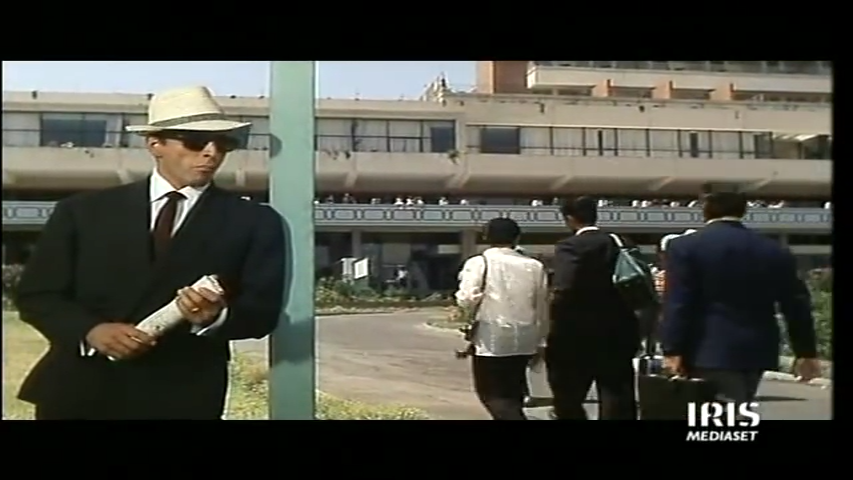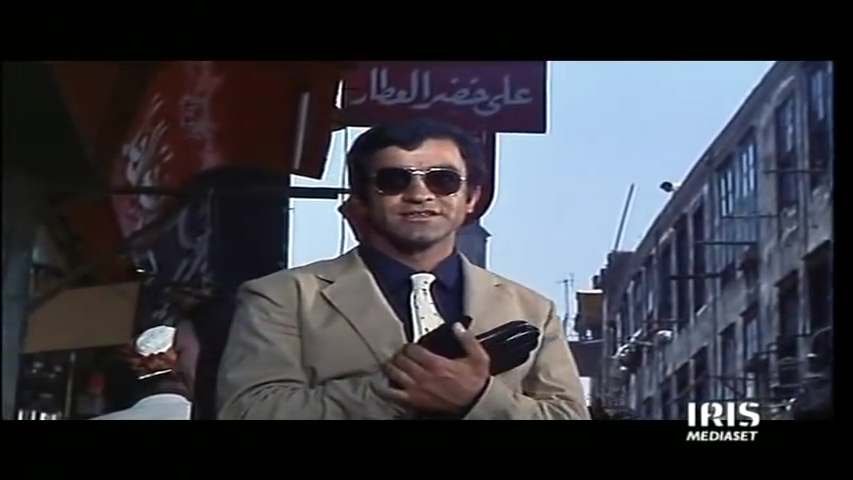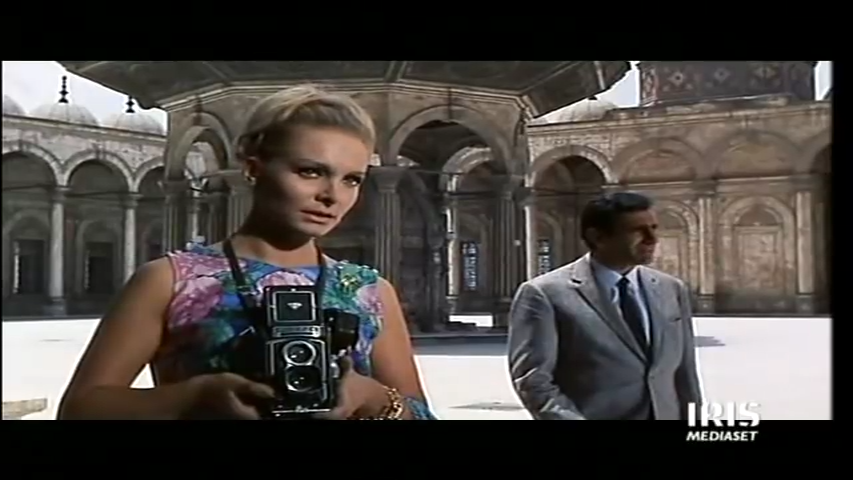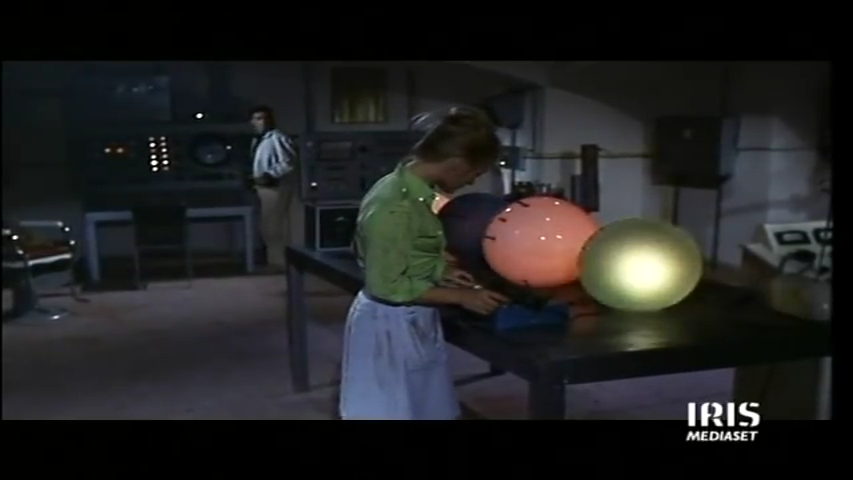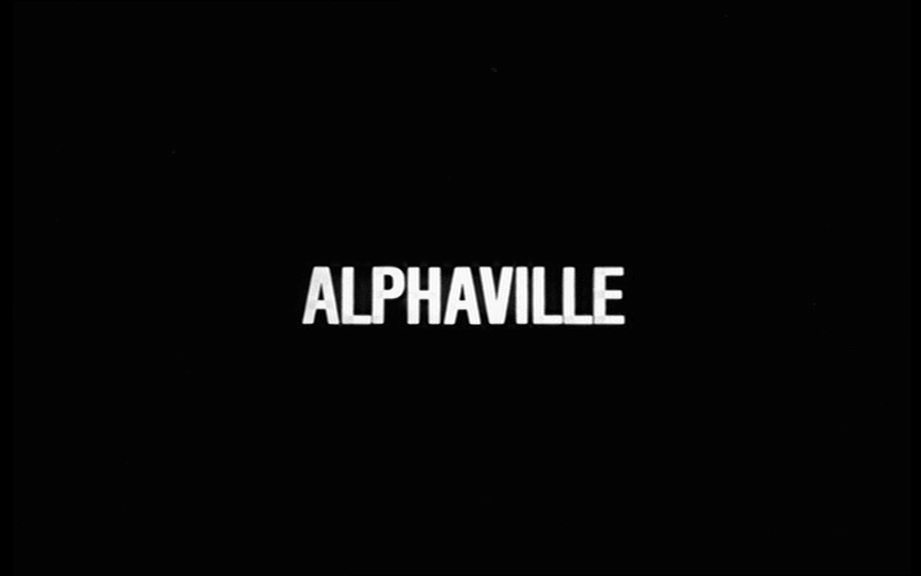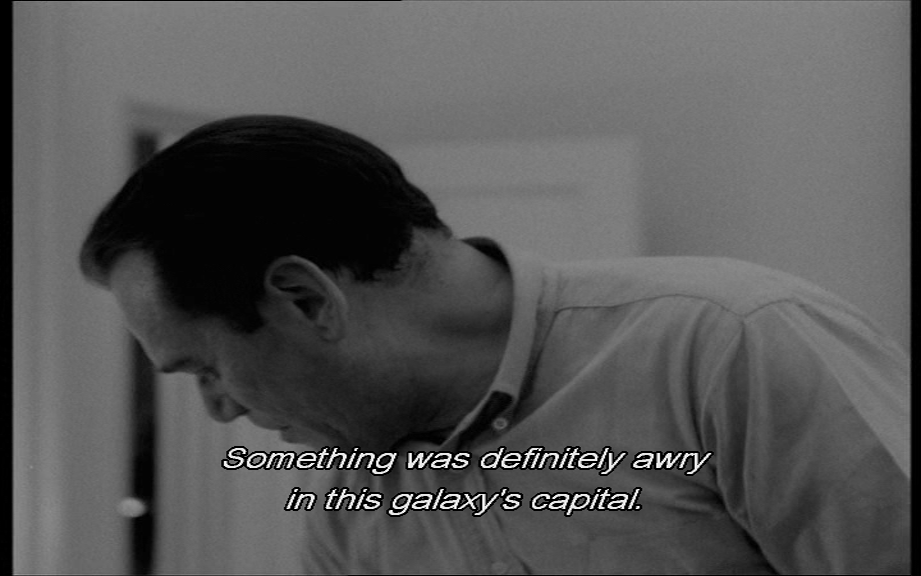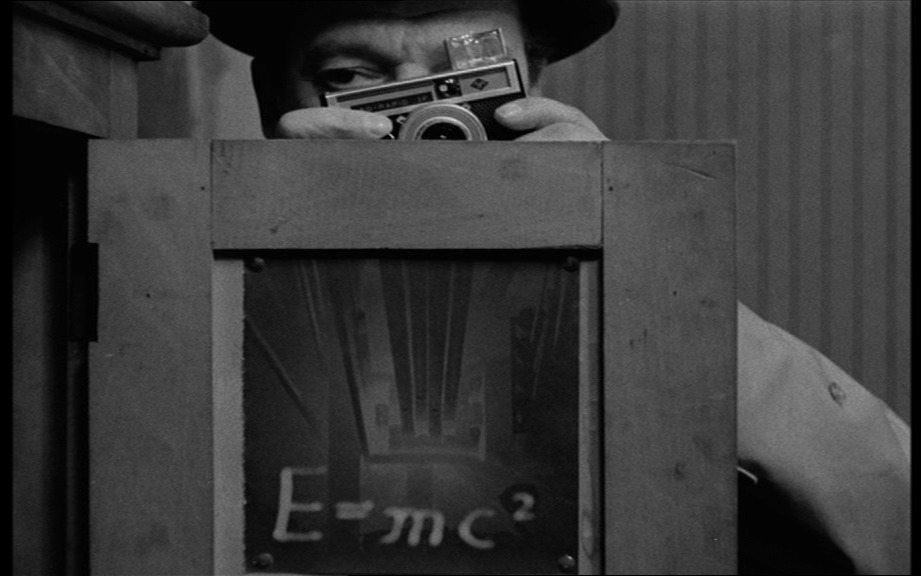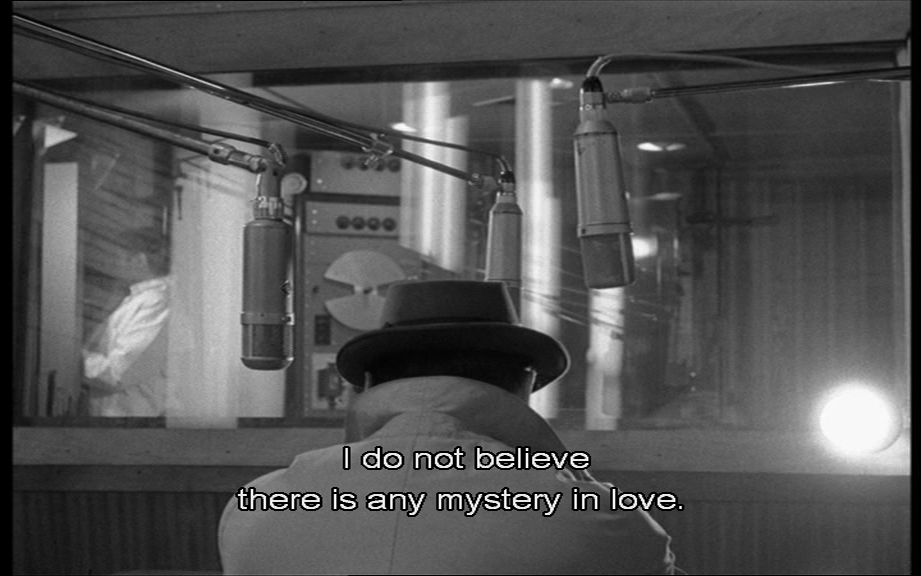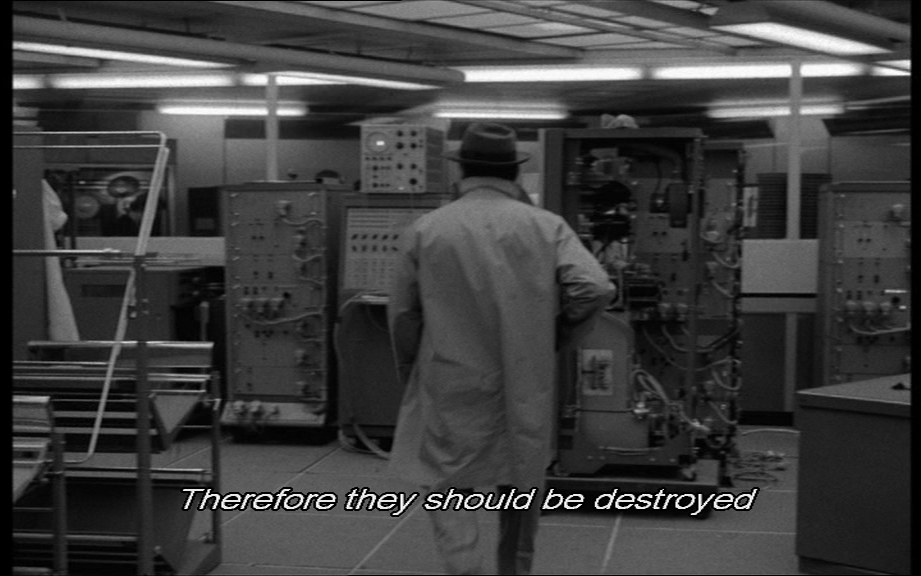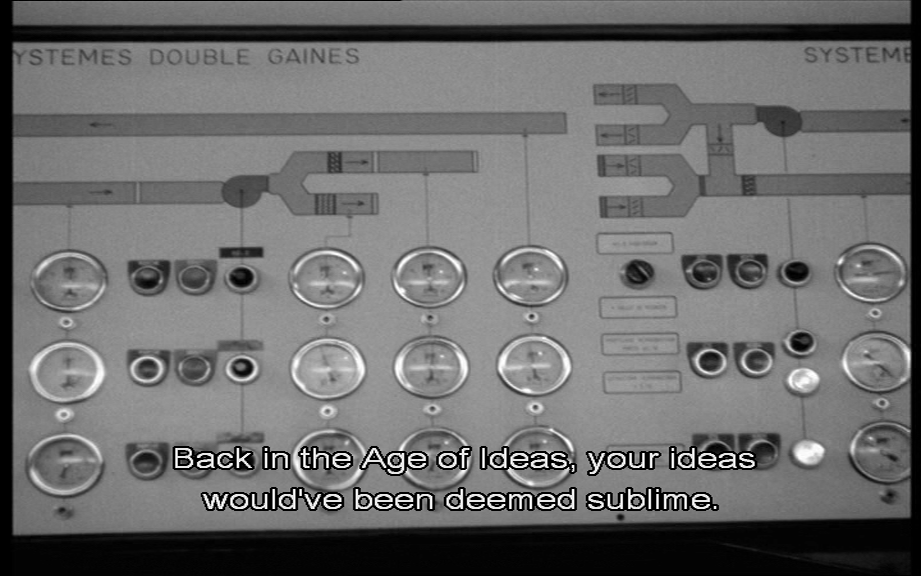-
#354 – 008: Operation Exterminate (1965)
Film review #354
Director: Umberto Lenzi
SYNOPSIS: Frank Smith, agent 006, is sent by the British secret service to Cairo to work with American agent MacDonald (or 008) in order to retrieve the plans for an anti-radar device that in the wrong hands would spell disaster for the world. 006 arrives to find that 008 is, to his surprise, a woman. The two must work together to unravel the mystery of the device and stop the perpetrators, while escaping evil henchman and cunning traps along the way…
THOUGHTS/ANALYSIS: 008: Operation Exterminate is a 1965 Italian spy film. As the title suggests it is heavily inspired by the 007 novels and films. The film’s story is fairly standard for a spy film, and involves agents 606 and 008′s mission to retrieve and destroy an anti-radar device, and to recover the plans. Along the way they end up facing off against various henchman, and fighting their way out of deadly traps, again very much as you’d expect. Based on the title you may expect the film to be a parody of the 007 franchise and spy films in general, but it is instead a straight and serious attempt at a spy film (as serious as these films can get anyway…). The story doesn’t really offer anything special, and it loses focus when it moves between all these different locations, which makes it difficult to keep track of why the agents are there and what they are supposed to be doing. Nevertheless, it’s not an uninteresting story, and there’s enough variety to keep it interesting.
Agent 006 is sent to Cairo to rendezvous with American agent 008, but when he gets there is surprised to find out that she is a woman. This is one of the more interesting aspects of the film, as MacDonald (agent 008) doesn’t play the typical female role in these films as a supporting, passive character, but rather she is on equal footing with the male agent, and I think she is more of the main character rather than him. She is a character that is formidable in her own right, and often takes the initiative in various situations. Having a strong female lead in such spy films of the time is practically unheard of, so the film offers something unique in this regard. Agent Smith (006) is a fairly standard Bond-esque character who doesn’t stand out too much in comparison to 008, which again gives her character more presence. The rest of the characters include a henchman that fires knives from a glove in typical and novel henchman style. The rest of the characters, including the main villain, don’t really have much impact on the film, and go by unnoticed. The development of the relationship between agents 606 and 008 really is the core of the film character-wise, and it is given plenty of time to develop and move beyond those first impressions to something more unique, which is one of the film’s strongest points.
The film takes full advantage of being set in Cairo, with some scenes taking place at iconic places such as the Pyramids of Giza and the Sphinx, which would have been great to see on film at the time. The film also offers some authentic glimpses of the city of Cairo as it is bustling with life, and this setting offers something a little different, while still playing into the use of exotic locales in spy films as one of the staples of the genre. The ending moving to the Swiss Alps comes a bit out of nowhere, and it is all over before we can appreciate this new location and get invested in what it has to offer. The twist at the end of the film also comes out of nowhere (which is why it makes a good twist), but doesn’t really impact much on the story, and the twist is reversed in the next scene a few minutes later, which makes it seem kinda pointless. It is quite satisfying to watch 008 be the only one who saw it coming and make plans in advance of it, and is a final testament to the strength of her character. Overall, 008: Operation Exterminate is a fairly standard spy film with all the typical setups and staples of the genre you would expect to find, however it doesn’t offer anything particularly unique to make it stand out. The strongest aspect of the film is the upending of the traditional roles of the male, heroic spy and the damsel in distress, by making it’s main character a woman and, for the most part, have her drive the story and be the hero. At the time it would have been something very unique, and in this respect it is interesting to watch how it is achieved. The film suffers from a story that loses its way sometimes, but offers enough of a twist on the genre to retain some interest.
-
#30 – Alphaville (1965)
Alphaville (1965)
Film review #30
Director: Jean-Luc Godard
Welcome to Alphaville, where human emotion is outlawed, and logic is all powerful…
Lemmy Caution, a secret agent from the “Outlands” arrives in Alphaville, a city on another planet, which is ruled by the all-powerful machine Alpha 60, who has outlawed all emotion. Posing as Ivan Johnson, a journalist working for the Figaro-Pravda, he has a number of missions to accomplish: First, he is to find missing agent Henry Dickson, next he must capture or kill Professor Von Braun, the creator of Alphaville, and finally is must destroy Alpha 60 itself. Caution checks into his hotel, acting hostile to those around him, but no one ever shows any response to his actions. Caution enters his room, and checks around and casually kills an agent hiding in his room. He then meets Natacha Von Braun, the daughter of Professor Von Braun, whom he asks to arrange a meeting with the Professor.
Caution heads to the Red Star hotel, where he has tracked down missing agent Henry Dickson. He tells Caution that those who do not assimilate into the state are pushed to suicide, and Dickson soon dies. Caution then returns to ask Natacha for help in meeting Professor Von Braun, but she insists she has never met him, despite being her daughter. Caution begins to fall for Natacha, but as she was raised in Alphaville, she does not understand words such as “love” or “conscience”, and has trouble feeling any sort of emotions. Caution is taken to a swimming pool, where a public execution is taking place. He is told that fifty men are executed to every one woman, and the executions are taking place next to a group of women synchronised swimming. When Caution tries to get close to Professor Von Braun, he is arrested and thrown into an interrogation room.
Caution is then questioned by Alpha 60, who tries to ascertain his purpose in being in Alphaville. Caution is reluctant to co-operate with a machine, but Alpha 60 suggests that he becomes a spy for Alphaville, and is released in the meantime. Caution heads back to his hotel room, where Natacha is waiting for him. He talks to her about things such as poetry, but she does not understand, and reaches for the “bible”, which every room has. Caution is surprised to find that this is not a bible at all, but a dictionary, and Natacha explains that the bible needs to be changed regularly, as Alpha 60 is constantly removing words which are no longer necessary. Caution makes her realise that she was not born in Alphaville, but was brought there from New York when she was a child, and so she still has the capacity to feel these emotions.
Caution finally heads for one last confrontation with Alpha 60 and Professor Von Braun. He finds the Professor, and he offers very little resistance, he tries to tempt Caution with joining Alphaville, or ruling a galaxy, but when he finally refuses Caution’s final attempt to persuade him to rejoin “the outlands” (The world outside of Alphaville) Caution finally shoots and kills him.
Turning his attention to Alpha 60, Caution poses a riddle to the supercomputer, and since it has no understanding of poetry and such, it manages to defeat itself and shut down. Caution finally gets in his car with Natacha and drives off down the highway out of Alphaville. Natacha finally realises that her individuality and understanding of her own feelings can save her, which deals the death blow to Alpha 60. As the two drive off down the highway, Natacha is able to say the three words that set her free: Je vous aime (“I love you”)…
Jean-Luc Godard, the director of Alphaville, was one of French cinema’s most innovative directors during the 1960’s, where he criticised films for their lack of innovation and experimentation. Alphaville takes the distinct genres of science-fiction and film noir and combines them to create a film that is a strange mix between the two. Lemmy Caution, a character that had appeared in a number of previous films set in the present, is here thrust into a more dystopic future, and there is a contrast with this weathered old detective going up against a futuristic supercomputer who controls a planet. This future however, is not like the future we see in most other science-fiction films, it is instead very similar in terms of design to the present. The film was shot entirely in Paris, using different areas of the city for different scenes such as the electric company for the headquarters for the supercomputer Alpha 60, for example. This perhaps makes it not so much a futuristic setting, but more of an alternative present, as the film references that it is taking place in the twentieth century.
There are no special effects or flashy props used in Alphaville; Everything you see on screen is shot directly on location in Paris. Even the more modern (or futuristic) architecture is from buildings which were recently built in the city, and which would be seen as quite futuristic in comparison to the older architecture of the city. The science-fiction aspect of this movie is not so much concerned with the landscape and the technology, but rather about how the people are affected and governed by a machine. The “bible” is an interesting concept that crops up during the film. It is mentioned at the beginning that every room should have a bible, and near the end we find out that this bible is actually a dictionary, which is composed of all the words that Alpha 60 has deemed acceptable, and it is referenced that constant revisions are made when Alpha 60 deems a word no longer necessary. This concept is quite similar to the idea of “Newspeak” in 1984 By George Orwell, in which the ruling party decides which words are necessary, and which ones should be erased from history, altering past documents to suit the present’s needs. The future in Alphaville is always undergoing constant revision as the supercomputer at the head of it all processes new information…
The film is quite experimental in nature. In keeping with Godard’s mantra of innovation and experimentation, the narrative is composed of Caution’s journey through Alphaville, and the intermittent voice of Alpha 60, who serves as a narrator of sorts at certain parts of the movie. During these narration scenes, we usually see flashing images of equations, words and images that are cleverly inserted to accompany the powerful and absolute statements that the computer dictates.
Alphaville is a mix of science-fiction and film-noir, combining two genres which traditionally don’t go together. It has a sense of mystery and drama in a world which is full of mysteries itself. The concept of computer’s ruling humans and outlawing emotions is hardly new (Or maybe it was when it was released?), but it is a fresh take on the subject, by taking the ordinary and everyday, and gives it a “what-if?” twist into the future. It also cleverly references some of the other works of literature and film from that time, using them to rebel against the objectivist mind of the computer. Overall, I would say it is definitely worth a watch.

